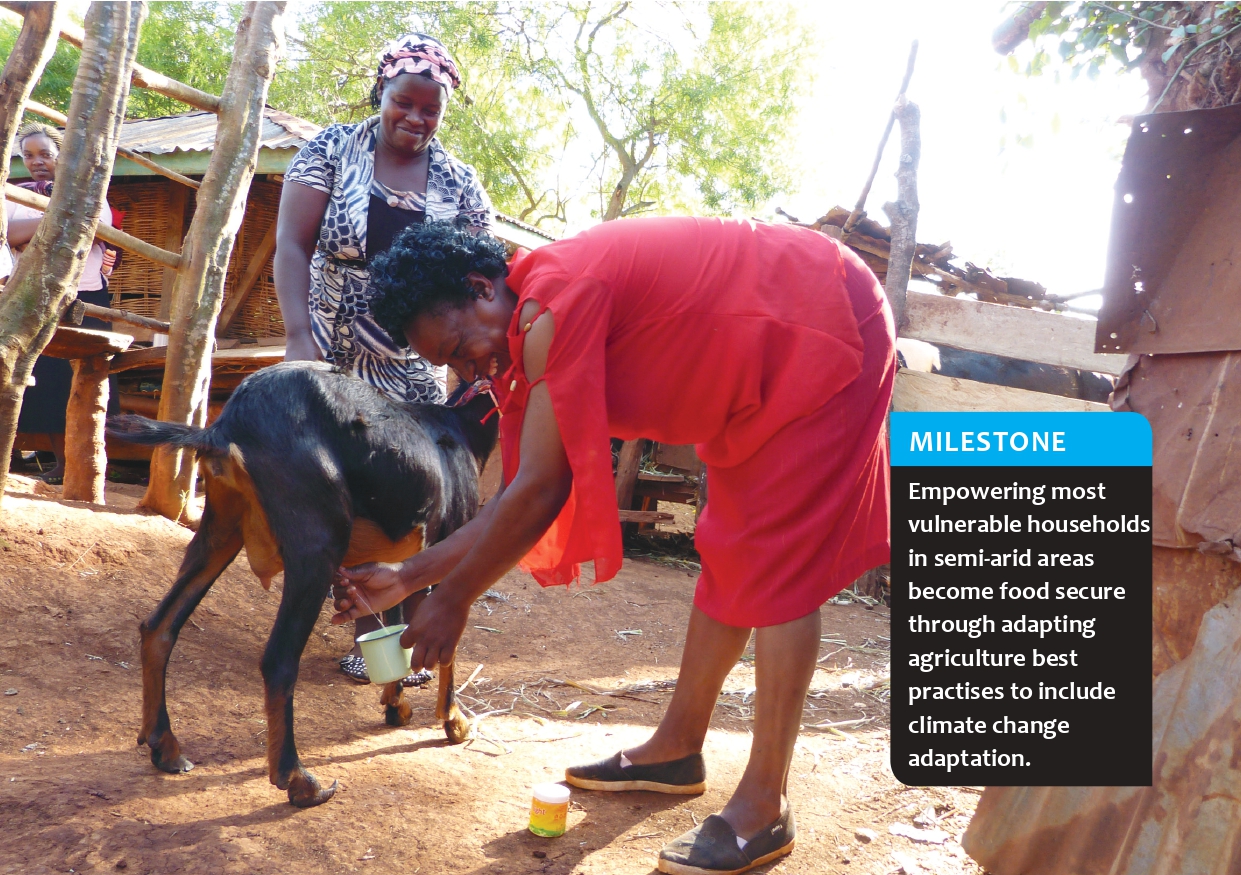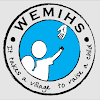About our charity
WEMIHS was founded in the late 1990s by a small group of committed individuals who sought to improve the services and care to vulnerable households and communities living with HIV/AIDS. Their focus area was the then Central Province where there was almost non-existent NGO/donor funded or even government initiatives for those affected. At the time HIV/AIDS was only starting to be discussed openly and publicly and those infected were highly stigmatised and marginalised. Thus, the founders initially focused on increasing acceptance for those affected and on


